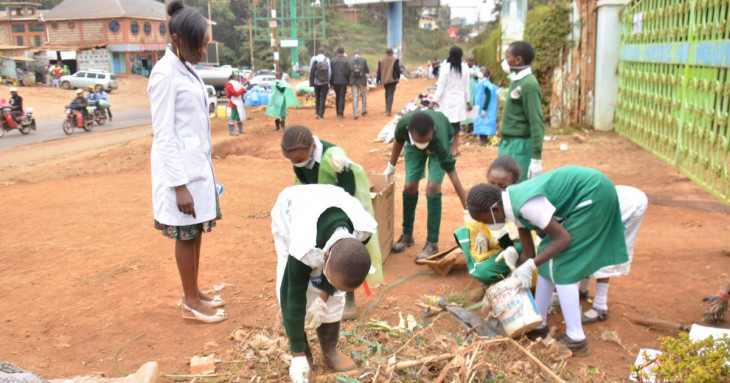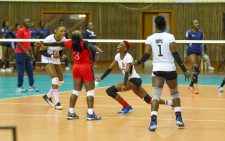CBC is the future, it just needs streamlining

One of the most fervent debates currently going on in Kenya is the future of the Competency-Based Curriculum (CBC) that was rolled out by the Uhuru administration in 2017.
CBC is already in its fifth year of implementation and schools countrywide have been preparing themselves for full implementation of the new system.
President William Ruto has promised to establish a task force that will review the CBC curriculum and come up with recommendations on the way forward. Among the recommendations that are being aired is that the CBC should be abolished. This would be a grave mistake. Whatever the case, going back to the 8-4-4 system would be a disaster. The 8-4-4 system created an education ecosystem that made or broke futures and lifetimes on the basis of one examination.
Worse, the system created mass failures every year at both KCPE and KCSE levels, flushing hundreds of thousands of students into the dung heap without any recourse. It created an elite system where a few top secondary schools in the country became the entire focus of the education system. Those who did not make it to these elite schools, dubbed national schools, were doomed.
Due to this singleminded focus on a few institutions, the Government has over the years completely ignored the huge need to rehabilitate, upgrade and raise the dismal standards of most schools in the country to bring them at par with these elitist schools.
As a consequence, all efforts by teachers, parents, schools had a single-minded focus, pass exams at all costs so that their children could get to these elite schools. At the primary level, schools were graded purely on how many students they were able to get into these elite schools. Whether or not those students learnt anything was not an issue at all. Children were drilled to pass exams. Period.
The carnage at O levels has been horrendous. A mere 20 per cent of students achieve the grade to go to university, while another 40 per cent achieve grades to get themselves into TVET institutions. The other 40 per cent, just below half, fail completely.
As a consequence, the country has been ejecting hundreds of thousands of students every year from school into the streets, who have zero hope of ever making anything of themselves in life.
This situation had to change. Thus the CBC. The CBC is meant to be a more student-based system with more focus on the ability of the student to self-learn and develop relevant skills requisite for any engagement carried out. It is designed to emphasise the significance of developing skills and knowledge, and also applying those competencies to real-life situations.
The primary focus of the CBC’s 2-6-6-3 education system is to equip learners with skills and not merely make them pass the end-of-cycle examinations like the 8-4-4 system.
It splits the primary education curriculum into two categories; two years and six years respectively. The students will then join the junior secondary school for three years, then they proceed to senior secondary school that lasts another three years.
Indeed, CBC perfectly aligns with the bottom-up approach espoused by President Ruto’s manifesto of empowering those at the bottom of the pyramid to ensure that nobody is left behind. The CBC will ensure that students from the system integrate seamlessly with the bottom-up economic model that they will be transiting into.
Of course, nothing is perfect. And that is the mindset with which the taskforce that will be charged with the mandate of reviewing CBC should approach this job. The aim must be to streamline CBC especially given that the Government now has the benefit of five years of experience in its implementation to draw from. So, by all means, streamline CBC to strengthen its implementation and capacity to level opportunity for all Kenyan students. CBC is the future.














